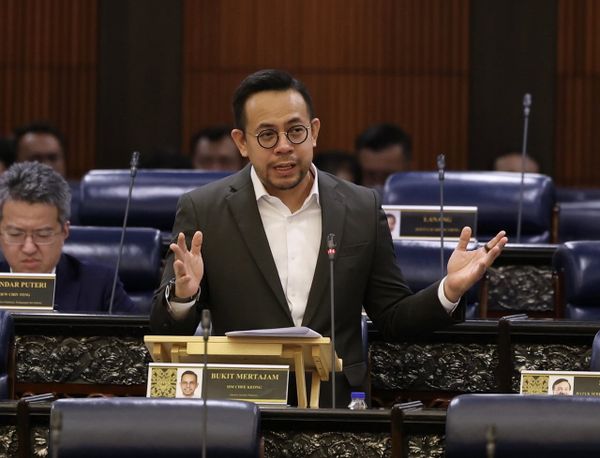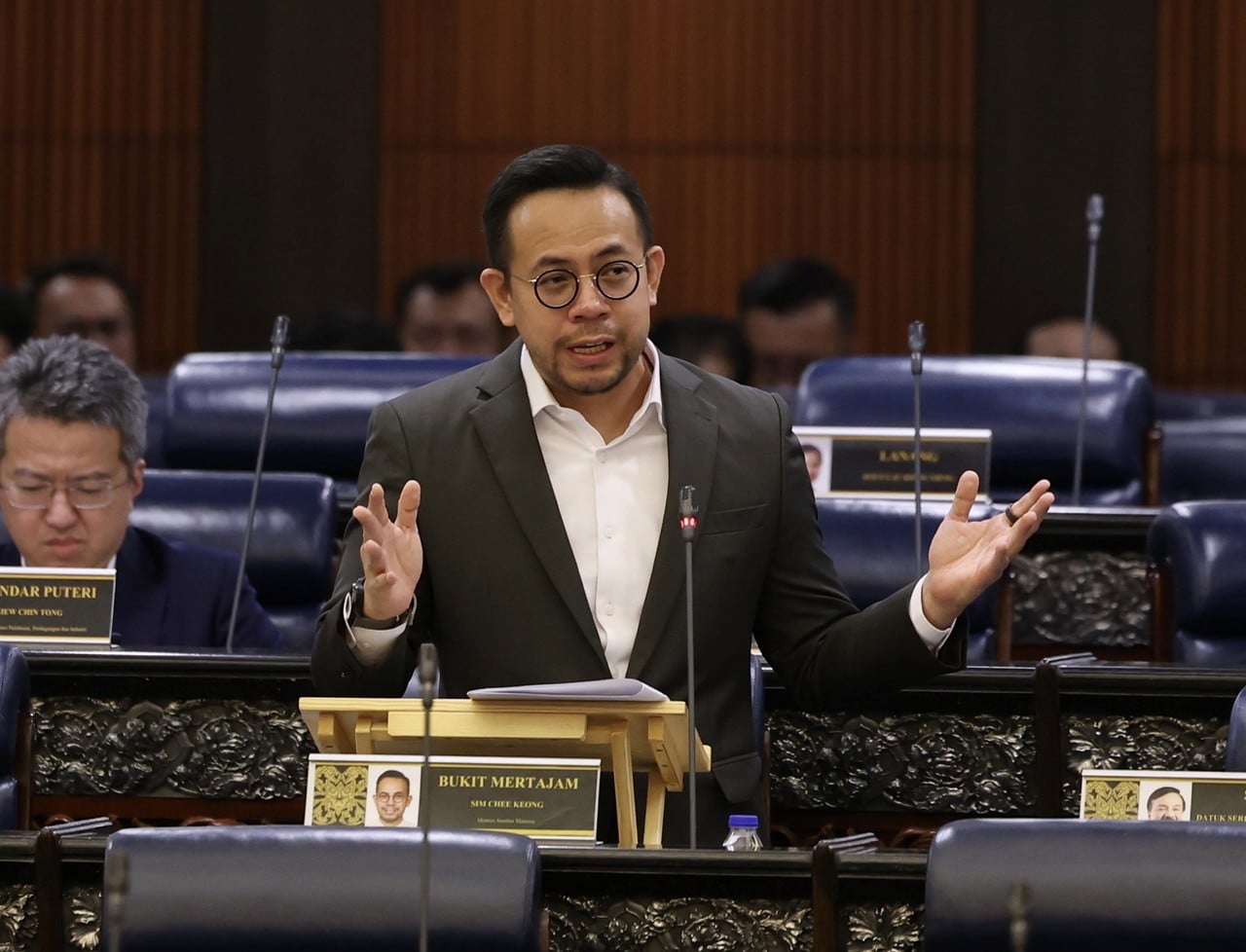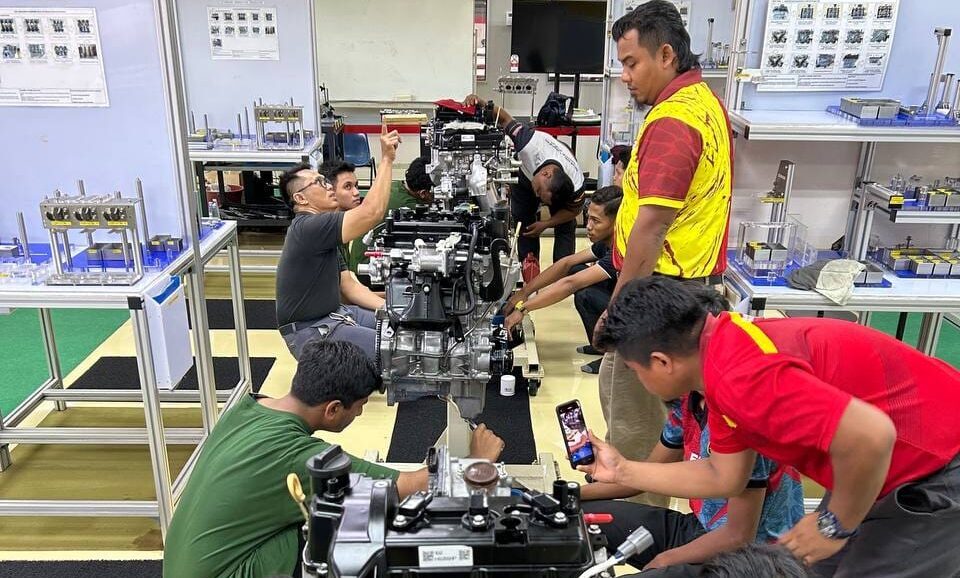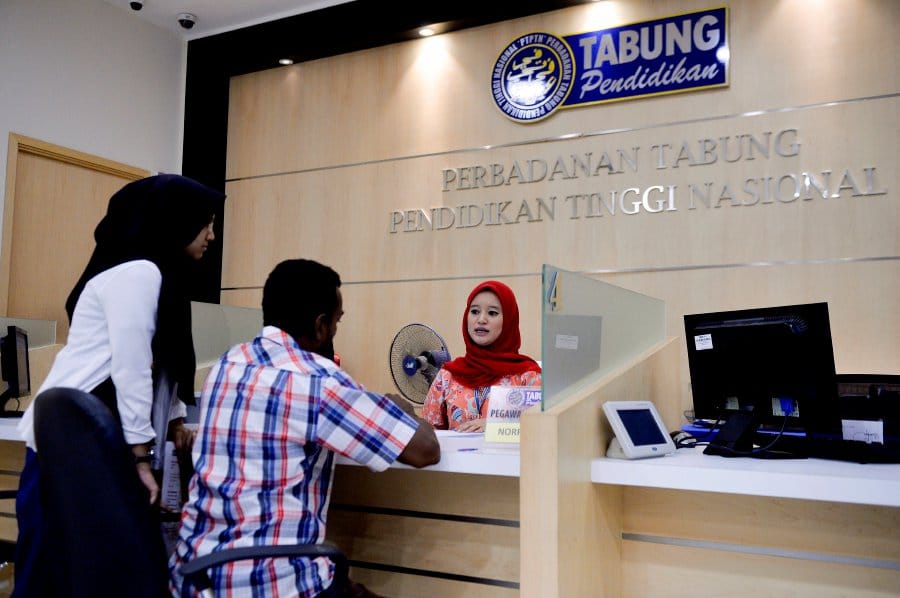KUALA LUMPUR, Nov 10 — The National Skills Development (Amendment) Bill 2025 and the Skills Development Fund (Amendment) Bill 2025 were tabled for the first reading in the Dewan Rakyat today.
Human Resources Minister Steven Sim Chee Keong tabled the legislation.
In a statement, the Human Resources Ministry (MOHR) said amendments to both laws are crucial to strengthen the country's skills development system and ensure that the Malaysian workforce is prepared to face future economic challenges driven by skills and emerging technologies.
The National Skills Development (Amendment) Bill 2025 aims to amend the National Skills Development Act 2006 (Act 652) to streamline skills certification in Malaysia and develop the country's skilled workforce.
The main thrust of the amendment is to increase the membership of the National Skills Development Council by involving strategic ministries and professional bodies, thereby making the Technical and Vocational Education and Training (TVET) policy more inclusive.
It is also to recognise skills training programmes outside the National Occupational Skills Standard (NOSS) for funding purposes under the Skills Development Fund Corporation (PTPK).
The amendments also involve improving the accreditation period for skills training providers from three to six years and introducing clearer, transparent, and accountable suspension and cancellation procedures.
It will also introduce the Malaysian Modular Skills Certificate (MCMC) as a flexible learning path in line with the concept of lifelong learning and to recognise the expertise of the local workforce through the creation of new categories: skills experts, senior skills experts, and skills consultants.
The Skills Development Fund (Amendment) Bill 2025 aims to amend the Skills Development Fund Act 2004 (Act 640) to expand the scope of PTPK financing.
Its amendments will expand the skills training loans and financial assistance to other training programmes recognised by the Skills Development Department (JPK).
They are also aimed at strengthening governance by introducing a more transparent approval, management, and control process for financial assistance.
The amendments also involve strengthening enforcement and investigative powers, including a 12-year time limit for legal action and travel restrictions on defaulting borrowers.
“Through amendments to these two acts, the MOHR is confident that the country’s skills development system will be more inclusive, flexible and high-impact, in line with the Malaysia Madani agenda which emphasises skills, welfare, and outcomes of the people,” it said.








